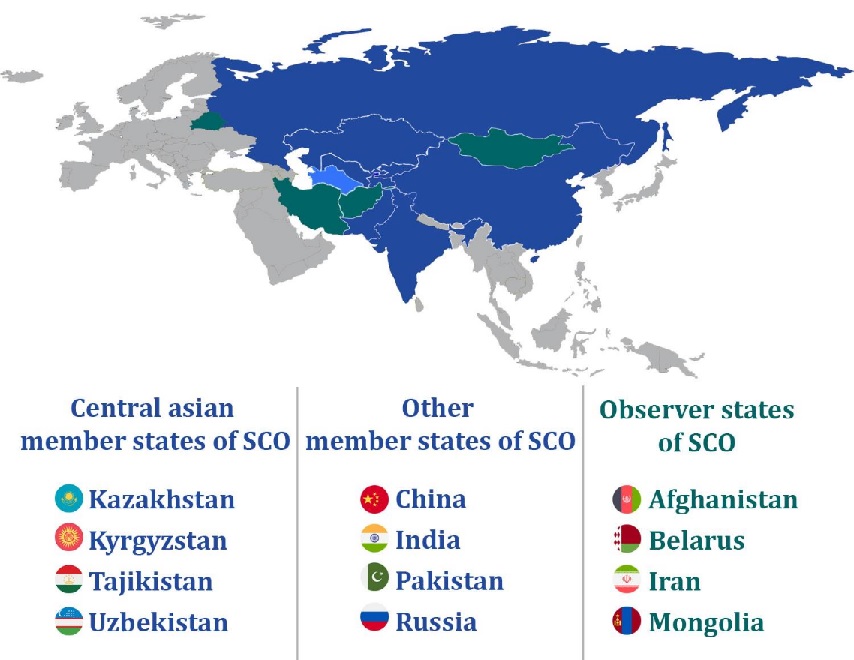Cyclone Mocha, a summer cyclone is likely to take place in the Bay of Bengal.
|
Monsoon Cyclone |
Summer Cyclone |
|
Cyclone that occur during the monsoon season. |
Cyclone that occur during the summer season. |
|
September, October and November are monsoon cyclone months |
April, May and June are considered as summer cyclone months |
|
Monsoon cyclones have regularly hit the east coast of India |
Summer cyclones are extremely rare events in the Bay of Bengal |
Recent summer cyclones that hit India
References
Cells degenerate and die eventually after variety of molecular changes throughout their entire lifespan according to the biosynthetic clock.
References
The Council of Foreign Ministers of the Shanghai Cooperation Organisation (SCO) is meeting in Goa, India.

References
The World Health Organisation (WHO) has declared Covid-19 is no longer a Public Health Emergency of International Concern.
References
The Central government has renamed its programme for control and prevention of non-communicable diseases (NCDs) to widen its scope.
Under NPCDCS, 677 NCD district-level clinics, 187 District Cardiac Care Units, 266 District Day Care Centres and 5,392 NCD Community Health Centre-level clinics have been set up.
References